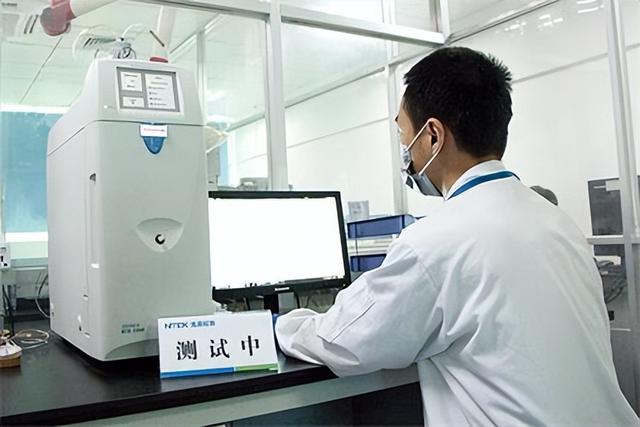在科学写作中,下列哪个句子是正确的?
- The students who we interviewed were all postgraduates.
- The students that we interviewed were all postgraduates.
- The students whom we interviewed were all postgraduates.
- The students which we interviewed were all postgraduates.
假设四个句子在“The students”和“were all postgraduates”之间都包含限定性定语从句。限定性定语从句与名词(students)关系密切,但对名词起到限定的作用,使名词的含义更明确,从而暗示还有其他学生,但他们没有接受采访。

虽然句子(1)在口语中是可以接受的,但句子(3)才是正式的书面形式,因为“students” 实际上是主语-动词“we interview”的宾语。因此,需要使用句子中作关系代词的人称代词的宾语形式(即“whom”)。“Who”用于在限定性定语从句中修饰人,在从句中做动词的主语:主动语态(“The students who replied…”)或被动语态(“The students who were interviewed in this study…”)。在后一种情况下,可以把“interviewed”当作一个形容词。
类似的规则也适用于前后带逗号非限定性定语从句。“Who”在主动语态中作宾语时:“The students, whom we interviewed, were all postgraduates”;“Who”在被动语态中做主语时:“The students, who were interviewed in this study, were all postgraduates”)。在这种情况下,定语从句提供的是额外的信息,可以删除而不改变意思,并且暗示没有其他学生。
在正式的写作中,在限定性定语从句中可以使用“that” 替代宾格的关系代词“whom”,参看句子(2)和句子(3)。在非正式的写作中,可以省略关系代词而简化定语从句(“The students we interviewed…”)。
最后,句子(4)是错误的,因为“which”通常用于非限定性定语从句,在指代做主语的事物时,从句前后需用逗号隔开(“The replies,which came from five students,were studied”);在指代做宾语的事物时,用一个逗号隔开(“We studied the replies,which came from five students.”)。在这两个句子的意思中,都没有其他“replies”。
扩展知识小贴士
下面哪个选项是正确的?
A similar (1) principle / (2) principal applies for non-defining relative clauses.
两个名词发音相同。在这句话里,选项处指的是一个规则(rule),所以(1)是正确的。注意名词rule和principle 都以”-le”结尾。principal 意思是级别最高的人,可以通过注意principal末尾有“pal”这个词来记住这一点。principal也是一个形容词,意思是最重要的,还有个名词意思是资本。
,




